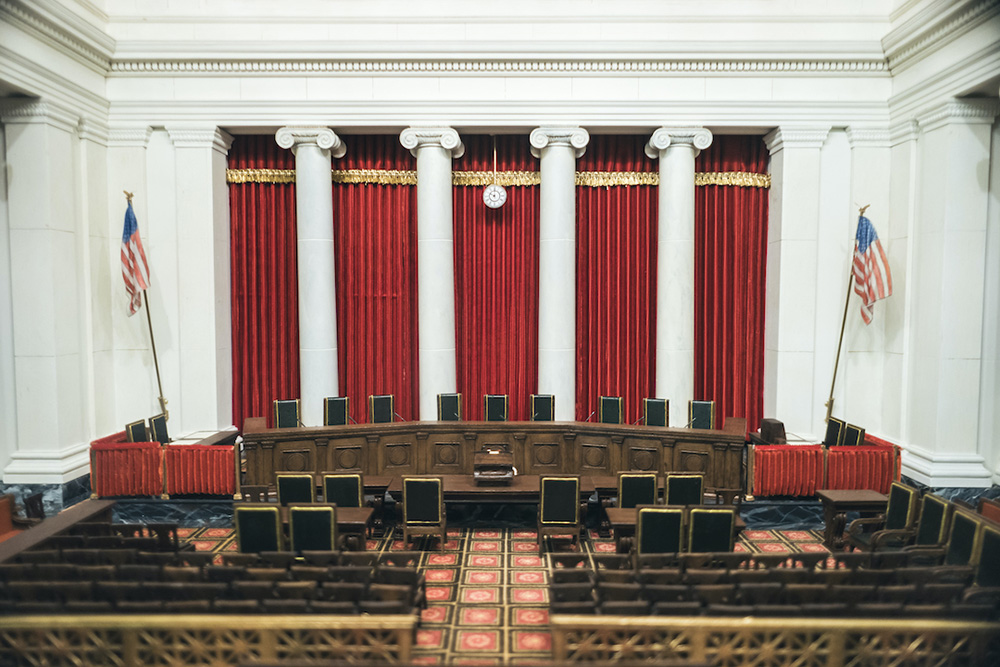During the oral arguments in Dobbs v. Jackson Women’s Health, Chief Justice Roberts asked the attorney defending Mississippi’s abortion law what, at the time, seemed a peculiar question.
On stare decisis, I think the first issue you look at is whether or not the decision at issue was wrongly decided. I’ve actually never quite understood how you evaluate that. Is it wrongly decided based on legal principles and doctrine when it was decided or—or in retrospect? Because Roe—I mean, there are a lot of cases around the time of Roe, not of that magnitude but the same type of analysis, that—that went through exactly the sorts of things we today would say were erroneous, but do we look at it from today’s—if we look at it from today’s perspective, it’s going to be a long list of cases that we’re going to say were wrongly decided.
Why in the world would the Chief Justice of the United States express uncertainty about how to determine if a case had been wrongly decided? That undermines not just his Court—if the Chief doesn’t know how to do it, how can other justices? —but his own resume: Roberts has voted to overturn precedents, including in major cases like Citizens United.
Continue reading the entire piece here at Law & Liberty
______________________
Andy Smarick is a senior fellow at the Manhattan Institute. Follow him on Twitter here.
This piece originally appeared in Law & Liberty
